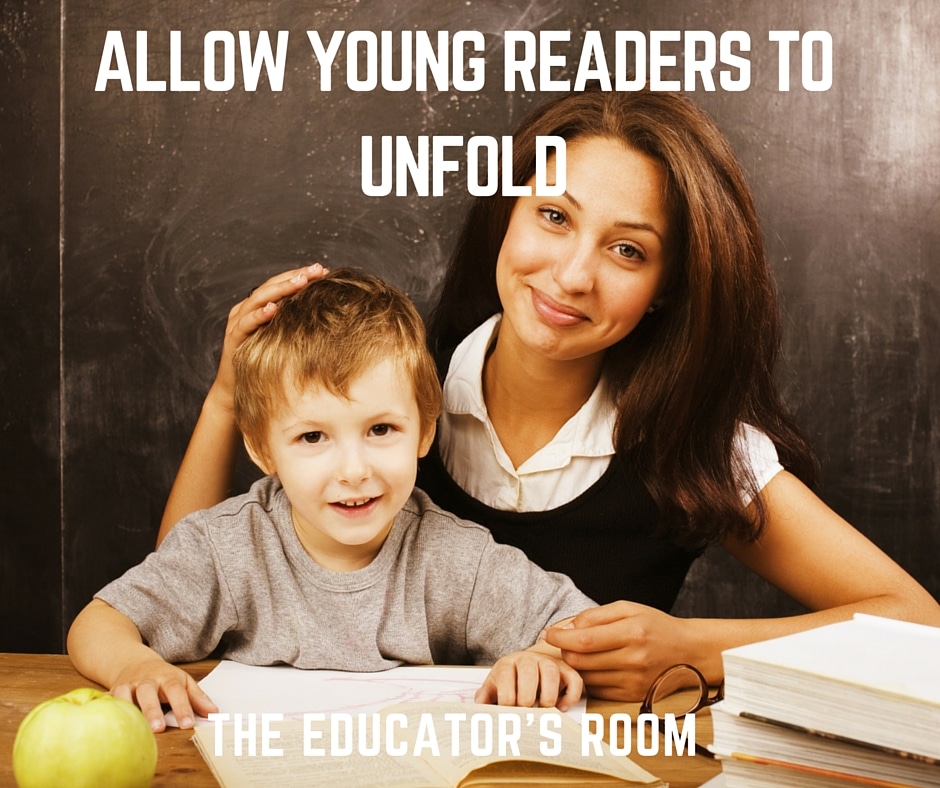My firsties get so excited when the ability to blend sounds together to make words starts to click! They start sounding out anything and everything they come into contact with. Inevitably though I have two or three students in my classroom that things don’t ‘click’ quite as readily as the others. This is definitely a blow to not only my little ones’ excitement, but their self-esteem as well.
We all know how important confidence level is with pre-emergent and emergent readers.
So what do we do as beginning readers begin spanning different reading levels in our classrooms?
I know I’m old-fashioned, but I still believe in round-robin reading groups. I have time during my day that kids are working (on writing journals, math journals, and centers) and when I will call a small group with similar reading abilities over for work focused around reading. Sometimes that group time is a round-robin reading group where the group of kids takes turns reading pages aloud from a book I’ve chosen, closing the group with a comprehension, sight word or vocabulary activity. For my kiddos who are struggling, I use this time to pull in other reading curriculums such as ‘Teach Your Child to Read in 100 Easy Lessons’ or revisit Saxon Phonics.
Many times in these groups all that needs to be done is reviewing basic skills, practicing a bit more on individualized lessons or building confidence, and then the blending begins to click. If done right, Round-Robin groups don’t put children ‘on the spot’ in front of other children whom they might compare themselves to. No student wants to be forced to perform when they know they aren’t ready. Also, don’t kid yourself-children know when they are struggling. We cannot push children to read; they will read in their own time when they are developmentally ready. Embarrassing struggling children in front of more successful children does nothing except tear down self-esteem and create an environment of fear and inferiority, which in turn creates a child who doesn’t enjoy reading or views himself or herself as ‘not smart enough.’
Those of us who are responsible for young learners need not discredit the effect we have on our kids, be it positive or negative. I get kids coming to me all the time for tutoring in reading that have had horrible experiences with past teachers as they were learning to read. There were teachers who rushed them, allowed other students to tease them or just flat out gave up on them. It’s okay to get excited about your students’ reading. It’s okay to have expectations about your students’ reading. Just be sure that those expectations aren’t too high for our six, seven and eight-year-olds to reach.
The way we approach teaching reading determines the way our students will perceive themselves as readers. If we come across as disappointed, discouraging or condemning because a student isn’t reading like we want him or her to read, we can cause severe damage to the way that child views reading from that point on.
Give your students the time needed to be successful. Remember, you are working on their timeframe-not ours.





